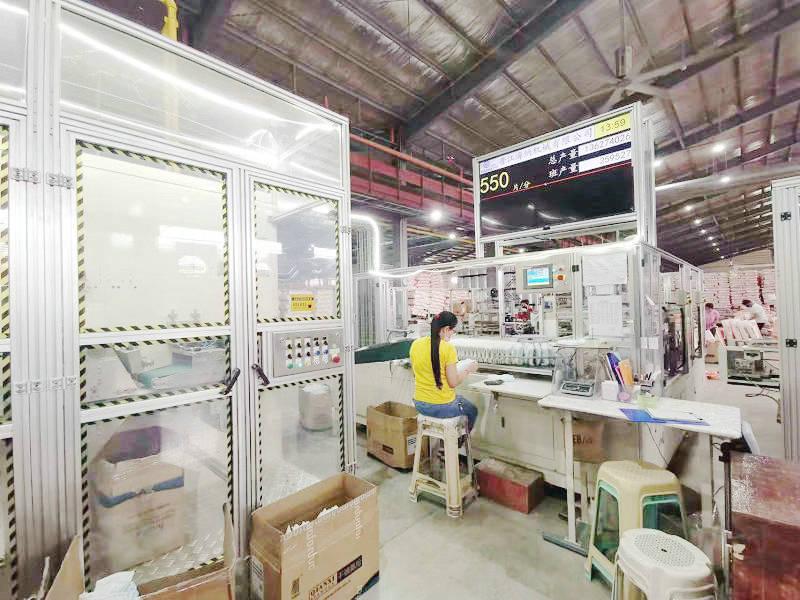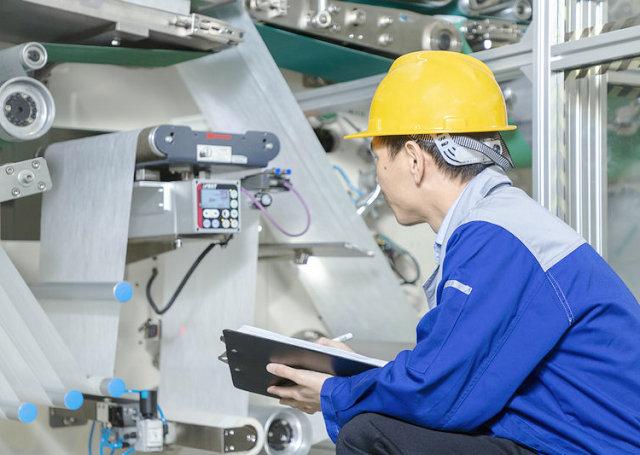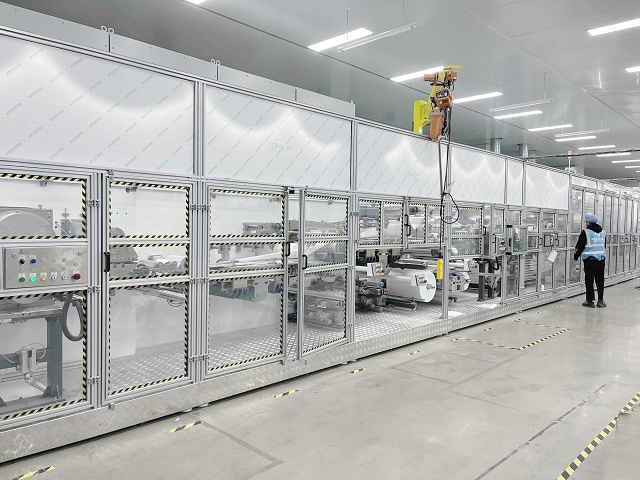Author:Haina Machinery Factory FROM:Diaper Machinery Manufacturer TIME:2024-12-08
As more parents and caregivers become conscious of environmental issues, the demand for eco-friendly diaper solutions has significantly increased. Traditional disposable diapers contribute to landfill waste and pollution, leading many to seek alternatives. One promising solution is the development of eco-friendly diaper machines, which aim to provide sustainable options for diapering. This article explores the concept of eco-friendly diaper machines, their benefits, and how they can revolutionize the way we approach diapering.
Eco-friendly diaper machines are designed to produce and manage diapers in a sustainable manner. Unlike conventional manufacturing processes that generate significant waste and use harmful chemicals, these machines often utilize biodegradable materials and energy-efficient technologies. They can create cloth or compostable diapers, offering parents an environmentally responsible choice. By integrating recycling processes, these machines can also minimize waste generated during production and disposal.
The primary advantage of eco-friendly diaper machines is their potential to reduce environmental impact. Traditional disposable diapers can take hundreds of years to decompose, contributing to serious landfill issues. In contrast, eco-friendly diapers created using these machines can break down much faster, especially if they are made from natural materials. Additionally, these machines can offer cost savings in the long run by reducing reliance on disposable products.
Recent advancements in technology have made it feasible to produce high-quality, eco-friendly diapers at scale. Some machines incorporate automated systems that streamline production, ensuring consistency and reducing labor costs. Others utilize innovative materials such as organic cotton, bamboo, or plant-based plastics that are not only biodegradable but also soft and comfortable for babies. These technological improvements help manufacturers meet growing consumer demand for sustainable products while maintaining performance standards.
Despite their benefits, eco-friendly diaper machines face several challenges. One major hurdle is the initial investment required for advanced machinery and materials. Smaller companies may struggle to afford the upfront costs associated with developing eco-friendly production lines. Additionally, there is a need for consumer education; many parents are unaware of the advantages of eco-friendly diapers or may be hesitant to switch due to misconceptions about usability or effectiveness.

The market for eco-friendly diapers is expanding as consumers increasingly prioritize sustainability. Research shows that parents are willing to pay a premium for products that are both effective and environmentally friendly. This trend has encouraged more companies to explore eco-friendly diaper machines and invest in sustainable practices. As awareness grows, it is likely we will see a broader range of options available in the marketplace, catering to various preferences and budgets.

Several companies have successfully implemented eco-friendly diaper machines and have reported positive outcomes. For example, some brands have adopted a circular economy approach, where used diapers are collected, processed, and transformed into new products. This not only reduces waste but also creates a closed-loop system that benefits the environment. Other companies focus on local production, minimizing transportation emissions and supporting local economies.
Government policies and regulations play a crucial role in promoting the adoption of eco-friendly diaper machines. Incentives for sustainable manufacturing practices, such as tax breaks or grants, can encourage companies to invest in greener technologies. Additionally, regulations that limit single-use plastics can drive demand for eco-friendly alternatives. Collaboration between governments and manufacturers is essential to foster innovation and address environmental concerns effectively.

The future of eco-friendly diaper machines looks promising as more manufacturers recognize the importance of sustainability. Continued research and development will lead to even more efficient machines and better materials, making eco-friendly diapers more accessible. Moreover, as consumer preferences shift further towards sustainability, companies that embrace eco-friendly practices will likely gain a competitive edge in the market.
In conclusion, eco-friendly diaper machines represent a significant step towards minimizing the environmental impact of diapering. By offering sustainable alternatives to traditional diapers, these machines not only benefit the planet but also cater to the growing demand for eco-conscious products. As technology advances and consumer awareness increases, the adoption of eco-friendly diaper solutions will likely continue to rise, paving the way for a healthier planet for future generations.
